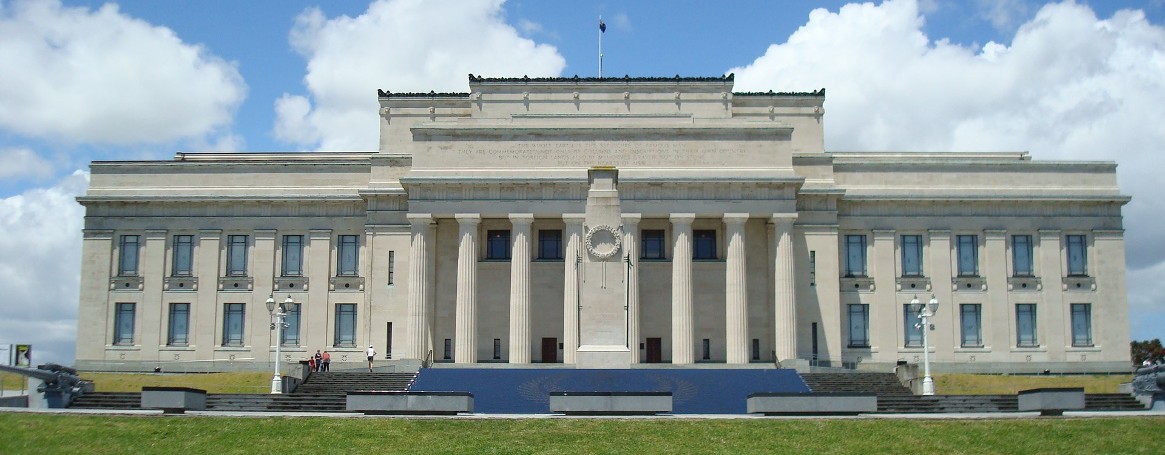"They fought for freedom" is a common refrain heard today when it comes to our veterans and honoured dead from the two world wars. This appears to be a more modern notion, a revisionism of sorts to cover up that what those men really fought for is being taken away from you.
For example in 1915 governor Arthur Foljambe stated that he was proud of the "response of men of both races in this Dominion to the Empire's call … to the advantage of our Sovereign, of his Empire, and of this Dominion." In 1916 King George V said of the dead that "they did not die in vain" as their sacrifice had "added strength and glory to the Empire."
While it can easily be said that the Great War was a tragedy and a waste, I wish to focus for a moment on the fact that the advertised calls for service were to fight for the Empire and the Dominion. The motivation was to fight for the country, for the nation, for the land, and for its people.
This idea that New Zealand men went to fight for "freedom" on the other side of the world is very much misplaced and designed to take the spotlight away from the horrifying truth that the country they fought for no longer exists. If they were to rise from their graves, would they recognise the country as a more proud and strong nation than when they enlisted? I'll always remember the video I saw of an American WW2 veteran in tears because he did not recognise his own country any more. "What did they die for?" he asked rhetorically, and the answer was clearly not some vague notion of liberal values. They fought because they had a people with a common and unified culture to fight for.
That's one of the ugly costs hidden away by the purveyors of globalisation and mass migration. The changes to the culture and demographics to a country alter the very thing that its soldiers fought and died for. The selling out of the Empire by the British and shafting us for the European Union were already things that nullified the sacrifice of these soldiers. Yes, we often invoke the venerable dead when it comes to free speech, democracy, and so on, but think about it: would those things really motivate you to fight? To lay down your life? No, it was fighting for your land or empire because you love what it is and you love its people.
That's where the great betrayal of our time is. I saw a few people remark this week that so few in New Zealand now seem to have had ancestors who fought in the world wars. As an immigrant, I certainly don't, but my children do and so that makes it important. But decades of mass migration and declining birth rates have unleashed a change on New Zealand where Anzac Day matters to a dwindling number. These are the cultural costs of policy rarely considered by people most days of the year. Perhaps they do think about it briefly on Anzac Day and then they move on.
Little thought is put into the fact that what the Anzacs died for lies dead with them. Their Sovereign's government betrayed them. Their beloved Empire is gone. Their people are demographically in terminal decline.
"Lest we forget" and "we will remember them" are excellent thoughts, but perhaps we should add to that a question: "if we are gone, who will remember them?"
